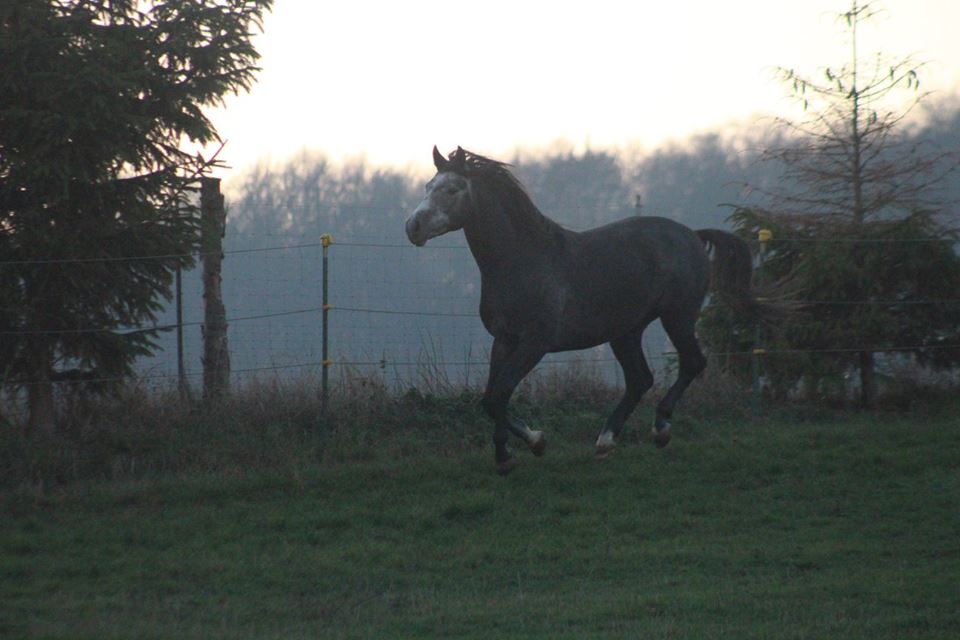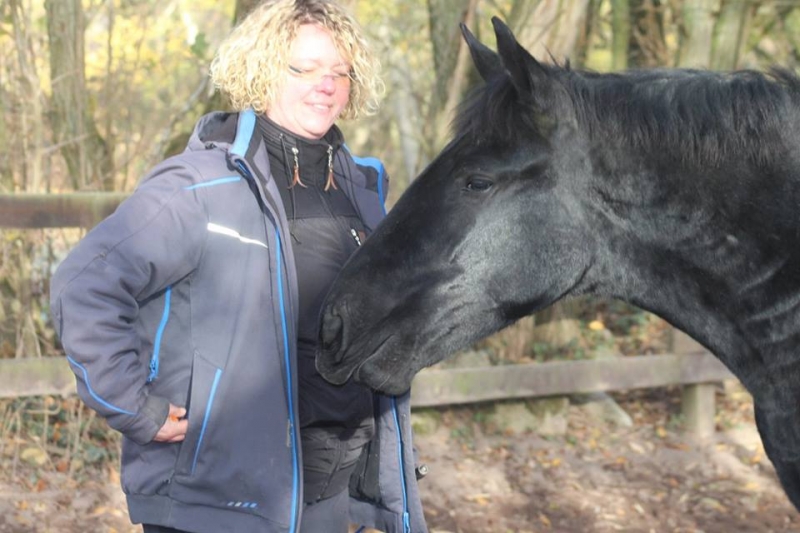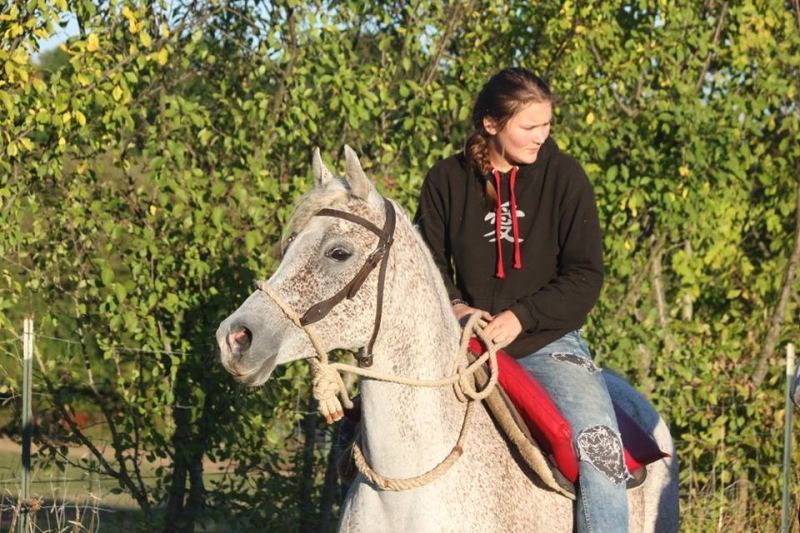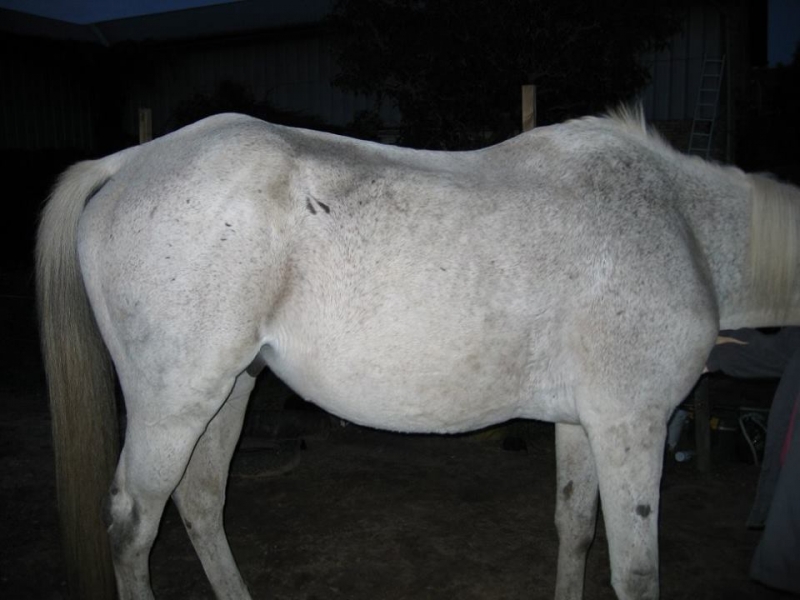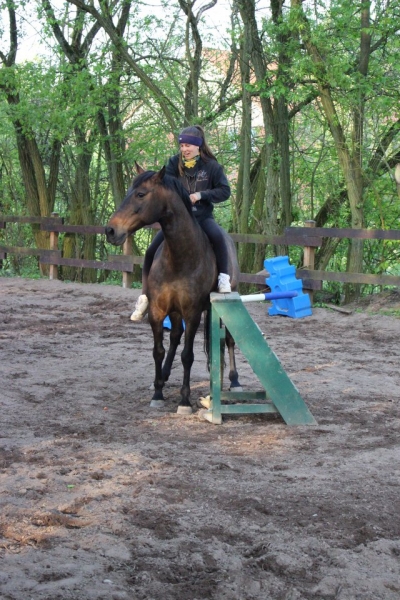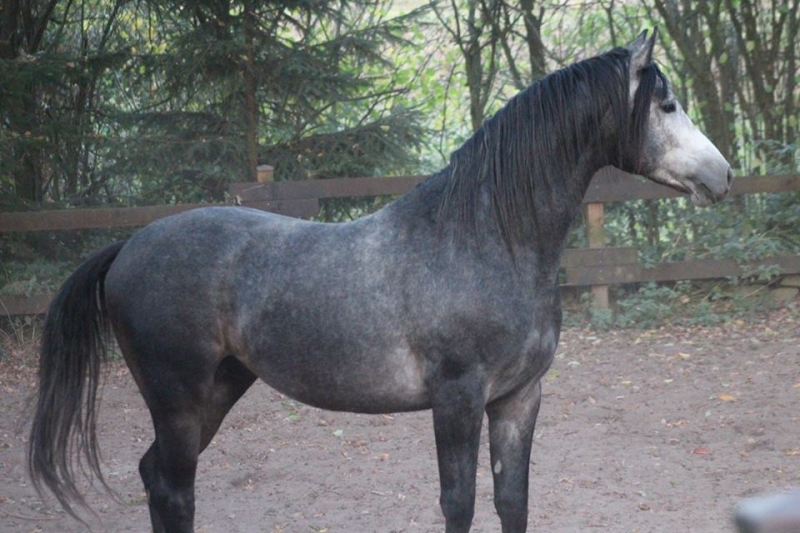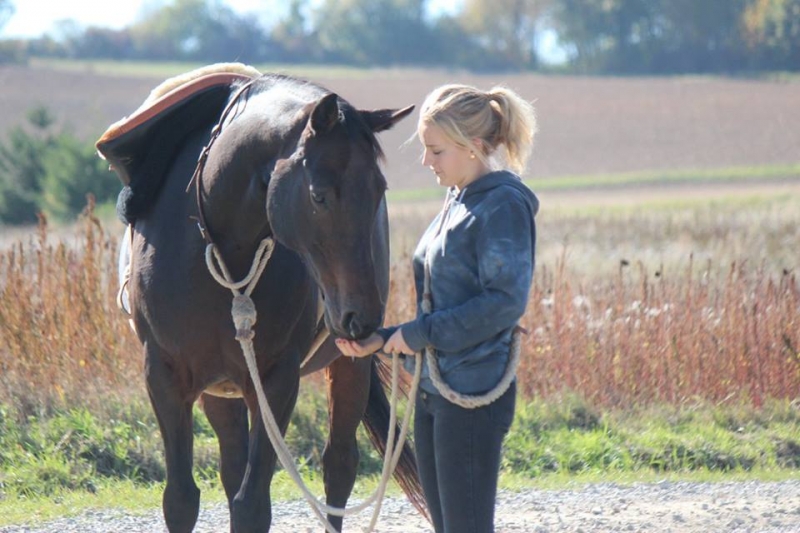Translation by Carla Preiss
When I was in Middle School, there was a girl in our class, I remember that she had a typical German name, like Ute or Silke. She had red hair, was always pale, and appeared to often be ill. She was not in school often due to being ill, so none of us knew her well, and it seemed as though she did not have any friends her age. One day, I realized that she was no longer a student in our class, and many years later, I found out that she was the first one who died. I learned that she died in a tragic accident with a semi truck when she was barely 10 years old. I never found out further details, yet I was deeply shocked. The second early death I can remember was also one of my classmates, who had the apt nickname “misery.” Apparently he jumped off of a bridge while high on LSD when he was 20 years old. He had already quit school at this point. The rumor was that he had had a difficult childhood, and that his family never fully accepted him for who he was. In both cases, I had a feeling that their lives were shaped by misfortune from the very beginning, albeit in very different ways. I often face similar cases in my work with horses. We have a facebook group where people can post to re-home their horses due to emergencies, and many of them do find good homes. However, there are some who aren’t that lucky, and these horses are then passed on from one owner to the next. For some it may be that the owners gave the horse away because of something they didn’t like about the horse, or sometimes it’s because their owner really loved them, but could no longer support having a horse. Some horses have had 10 different owners in their lifetime, and served each and every one of them faithfully. They would compete at shows, weekend after weekend, and once they were too old they were given to the dealer, exchanged for a younger horse, put to use in a riding school, or left in a field somewhere. I want to share one of these cases with you. A holistic vet was treating a 25 year old mare who was in less than ideal physical condition. The entire family had learned how to ride on her, and had taken her to shows. The mare had a noble character, and endured this without a fight. The owners eventually decided to no longer treat the horse, because they were no longer able to use her for riding, so it wasn’t worth spending the money on expensive treatments. Even the basic maintenance of health for this horse was too much to ask – she should be lucky that she got to stay there at all. But it could always be worse. But, are stories like these really just up to fate? Doesn’t fate have a lot to do with us, our values, and our way of treating others in our care? There is such a thing as bad luck, when we are at the wrong place at the wrong time and the plane crashes, the hurricane destroys our home, or the car runs a red light and hits you. Or if you are born in the wrong country, the wrong town, or the wrong time. But was it bad luck that the boy who jumped off the bridge, or this horse, just happened to fall into the hands of uncaring people – parents, classmates, or teachers without compassion? When I look into my horses eyes and see their trusting expressions, and then I teach a seminar and see so many traumatized horses, I often ask myself, “Is this really just up to fate?” Then I remember how long it took me to become aware of, and recognize, what and how horses actually feel when they are interacting with us. How long does it take for us to truly understand another being? I realize that this is a utopian concept, but if we just tried to become a bit less egocentric, a bit less concerned with our own advantage, and instead tried to feel more, be more compassionate, then maybe some fates could change. It would require a change in perspective – we’d have to put ourselves in another persons shoes (or hooves) for a moment. Then perhaps we’d have more understanding, and would act differently. Then perhaps what would be left would be bad luck, but not bad fate.
Best wishes, Sabine Birmann



